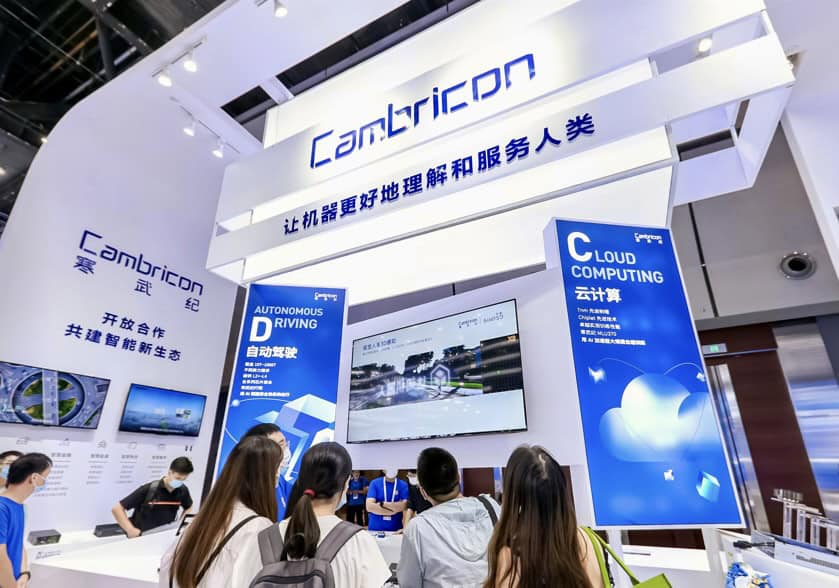Keyu Jin is a tenured professor of economics at the London School of Economics who has previously worked with institutions including the World Bank, International Monetary Fund and the China Banking Regulatory Commission. Her new book, The New China Playbook, argues for a new model of growth for the Chinese economy better suited to the needs of the country’s younger generations. The book ranges widely, covering sectors from tech to financials, while seeking to dispel some misunderstanding abou
Navigate China's Business Landscape with Confidence.
- Gain visibility into supplier risks
- Easily manage trade compliance
- Conduct in-depth due diligence



